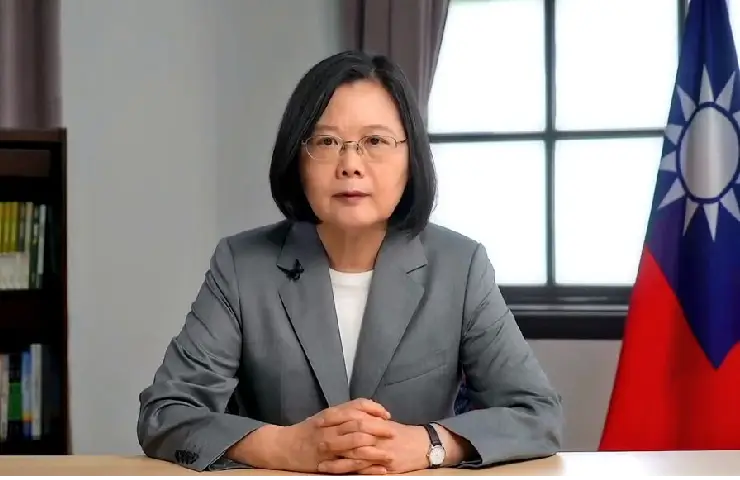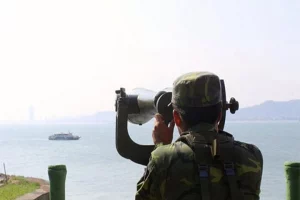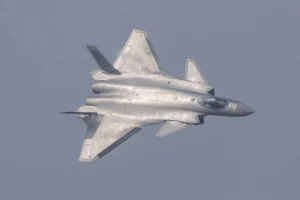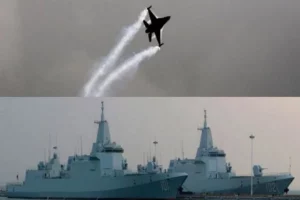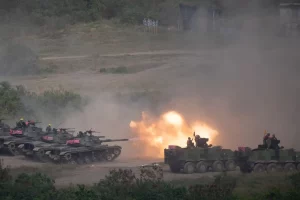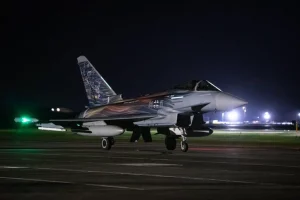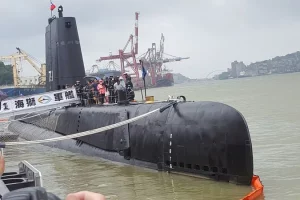Taiwan has made it abundantly and ideologically clear why it will not buckle under Chinese pressure over reunification as Beijing does not offer its people a democratic way of life.
In a defiant speech on Taiwan's national day on October 10, President Tsai Ing-wen said: "We will continue to bolster our national defence and demonstrate our determination to defend ourselves in order to ensure that nobody can force Taiwan to take the path China has laid out for us".
She added that the path China offers is neither free for the Taiwanese people nor does it guarantee sovereignty.
Our
National Day Celebration was capped off with a magnificent fireworks display in @KaohsiungCity last night. Thank you to everyone who contributed to this special occasion, & to all of you for joining us in support of #Taiwan. pic.twitter.com/WBmDfSqYDb
— 蔡英文 Tsai Ing-wen (@iingwen) October 11, 2021
Tsai's remarks came in response to Chinese President Xi Jinping's speech where he vowed "fulfil reunification" with the island nation. Beijing considers Taiwan a breakaway province which has to be annexed even if it has to be done through force. To Beijing's dismay, Taiwan has steadfastly thrown out of the window all possible options of joining mainland China.
Giving insight into the tense Beijing-Taipei relations, Jagannath Panda, Research Fellow and Coordinator of the East Asia Centre at MP-IDSA told India Narrative: "Cross-Strait ties have reached a very delicate stage. For the Chinese Communist Party and Xi Jinping, occupying Taiwan has become a national prestige issue. For the Democratic Progressive Party and President Tsai Ing-wen, deterring Chinese ambition to occupy Taiwan has become a nationalist foreign policy issue".
China's aggressive designs on the island are only making things worse. In the past ten days, China has flown a record number of military jets into Taiwan's air defence identification zone (ADIZ) in a bid to intimidate the island nation. It also sends its ships into Taiwanese waters.
In response, Taiwan has upped its defence budget. It plans to build submarines and is also working on an indigenous medium-range missile as a deterrent to China.
News reports from last week also say that US special forces have been secretly training Taiwanese military for the past one year. This too is an irritant to Beijing which denounces the presence of "foreign forces" in the region—referring to US military presence around Taiwan waters and in the South China Sea (SCS).
The David and Goliath-sized nations do not see eye-to-eye over their contrasting governance systems. While Beijing marches on to the beat of a single-party with Xi Jinping as the leader for life, Taiwan takes pride in its democratic credentials and holding of elections for its 23 million people.
Panda says: "Taiwan has undoubtedly emerged as a hot security issue in the Indo-Pacific environment. This is certainly emerging as a defining issue in the power-politics in the Indo-Pacific, testing American resilience against Chinese coercion".
The entire region is feeling the tremors of an aggressive China which not only seeks to subjugate Taiwan but also tries out its expansionist agenda by taking over reefs and islands in the SCS.
Taiwan works on self-reliance—acknowledges developing cruise missile to deter China






